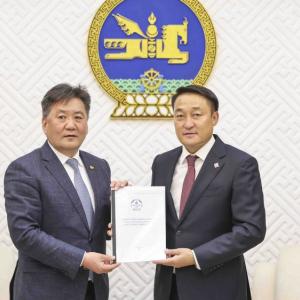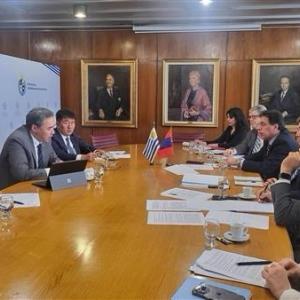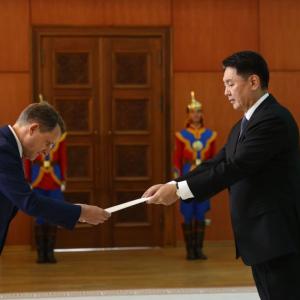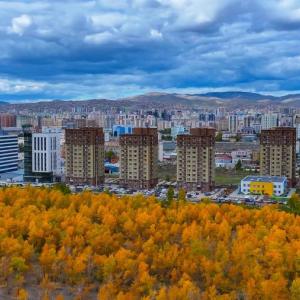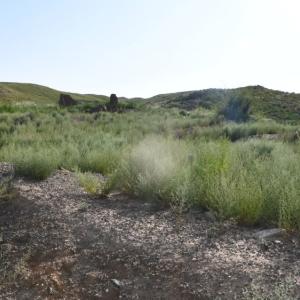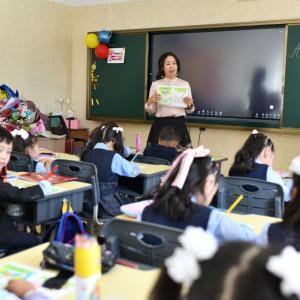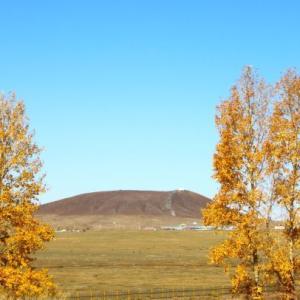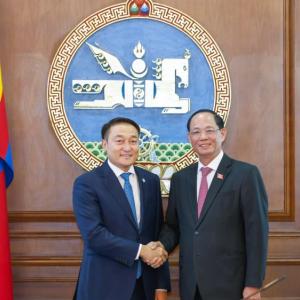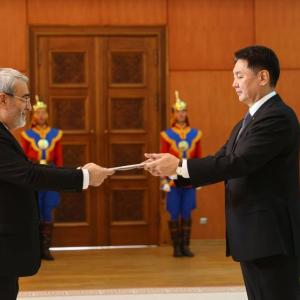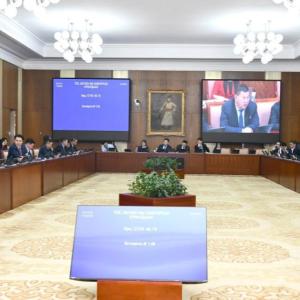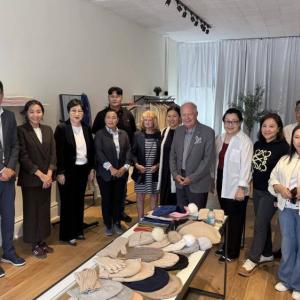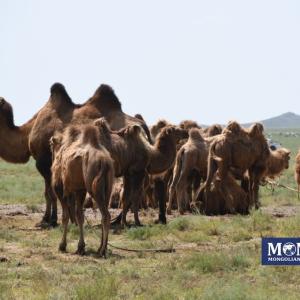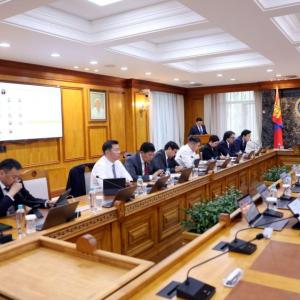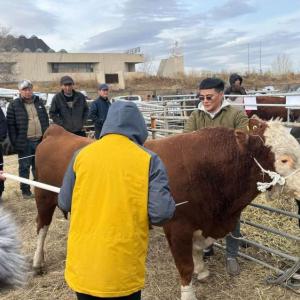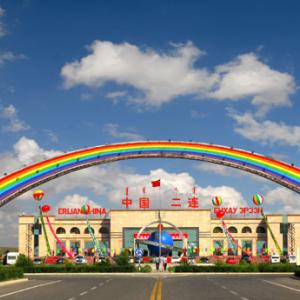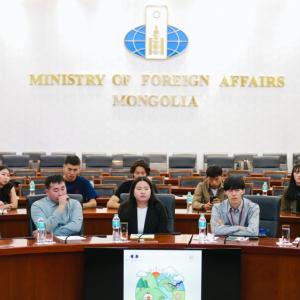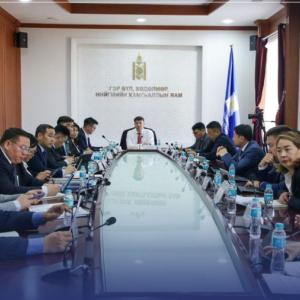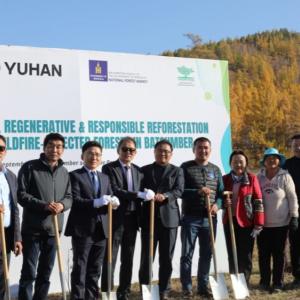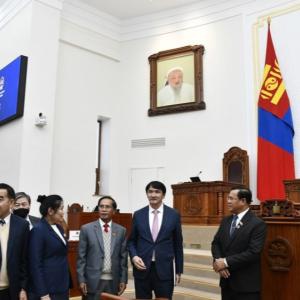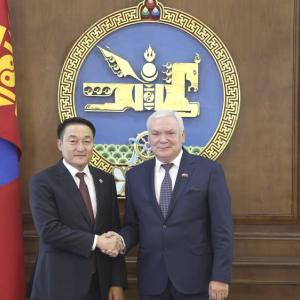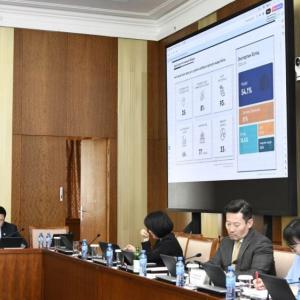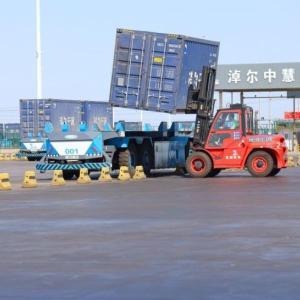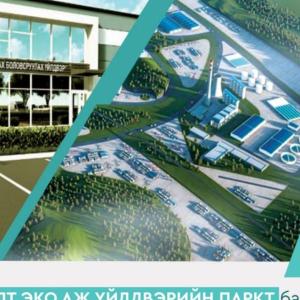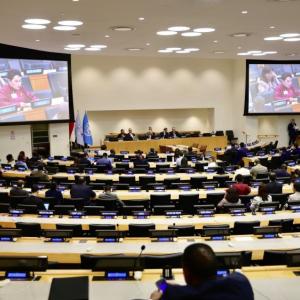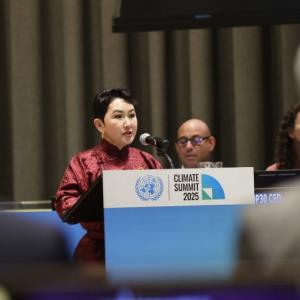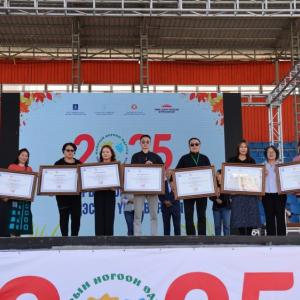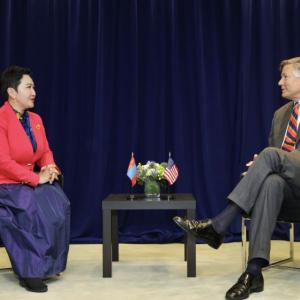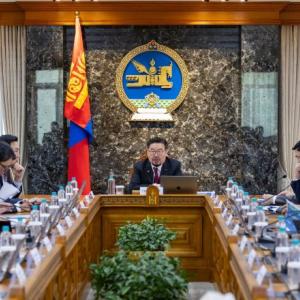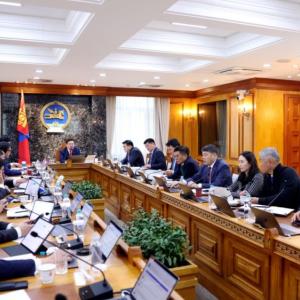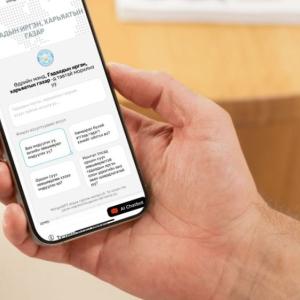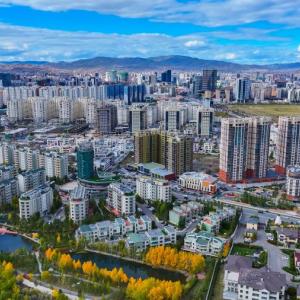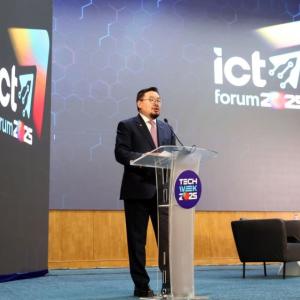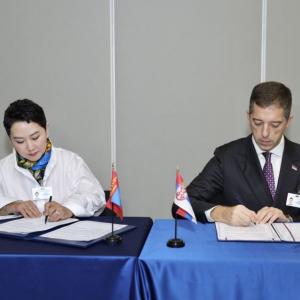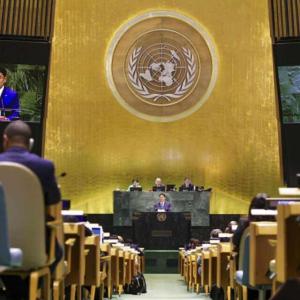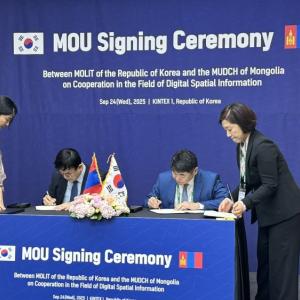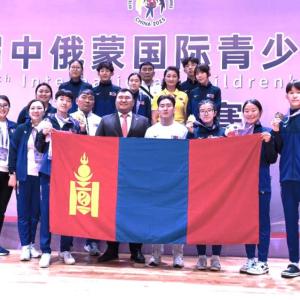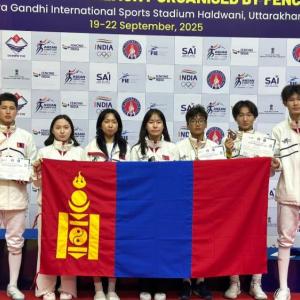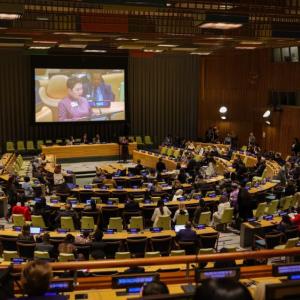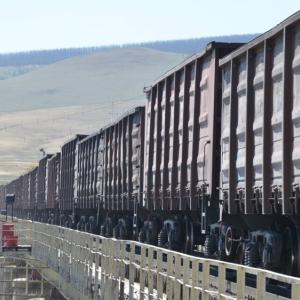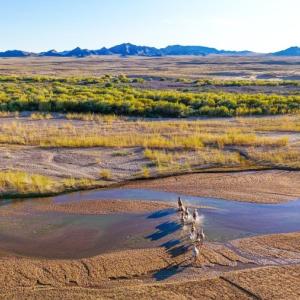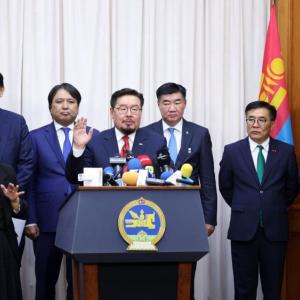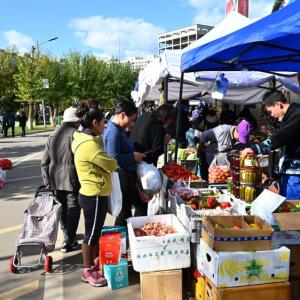People in Need and Mercy Corps support building resilience to disasters in rural Mongolia
Economy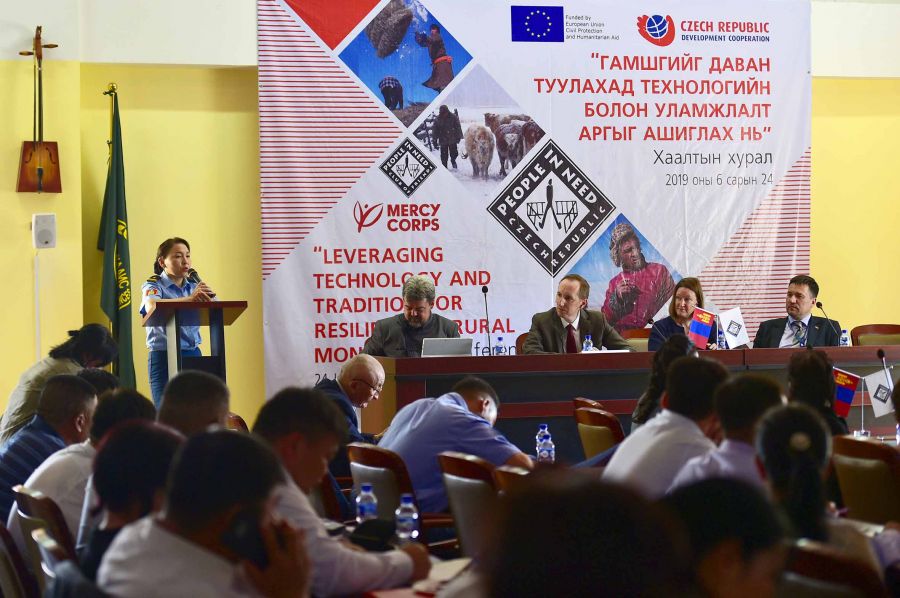
Ulaanbaatar/MONTSAME/. On June 24, the international NGO People in Need (PIN) in partnership with Mercy Corps Mongolia, organized a closing conference for the Leveraging Technology and Tradition for Resilience in Rural Mongolia (LTT4R) project at the Mongolian University of Life Sciences (MULS). The project funded by the European Union’s Civil Protection and Humanitarian Aid Operations (ECHO), Czech Development Agency (CzDA) and PIN Club of Friends aims to increase herder’s resilience to drought and dzud, and climate change across rural Mongolia.
As a part of the LTT4R
project, PIN and Mercy Corps conducted planning and training sessions across 38
soums and 200 baghs, building local capacity to strengthen resilience in the
face of disasters and has provided weather forecast information to herder using
SMS system.
In order to improve and
expand access to weather forecasts, a platform developed by Mercy Corps and now
owned and managed by the National Emergency Management Agency (NEMA) to share
weather and pasture information via SMS services was expanded to serve more
provinces. The LTT4R project enabled
NEMA and Mercy Corps to take the system nationwide. “Herders in 38 more soums in four provinces are now able to
access weather, drought, dzud, and pasture yield information that can help them
plan and reduce the risk of livestock losses from disasters,” said Marc Tasse,
the Country Director of People in Need in Mongolia.
Through the project, local
government officials took part in Livestock Emergency Response Guidelines and
Standards (LEGS) training, as well as a program on Dzud Preparation and
Recovery Actions at the herder and household levels that supported the leadership capacity
of 698 local officials. “The integration of LEGS standards into local planning
and response processes has the potential to really make a difference in
mitigating some of the most critical dzud risks faced by herder communities and
households,” said Wendy Guyot, Country Director at Mercy Corps.
The Dzud Preparation and
Recovery Action training focused on preventing dzud risks through preparation,
improving the quality of livestock products, and the improvement of pasture
management. Training was organized for 3,892 herders from 38 soums in four
provinces.
In partnership with the
government of Mongolia, a disaster management plan was developed in 38 soums in
four provinces where drought, dzud, flood, and forest and steppe fires are
frequent. The plan template was approved and is now widely used by the
provincial emergency agencies. “The plan is being modified and improved at the soum (local) and provincial levels and it will
be the main tool to prevent, reduce the impact and respond quickly to future
disasters,” said Marc Tasse.
The project also included
research work, such as development of the Multi-Indicator Dzud Vulnerability
Index (MDVI), to define the problems faced when experiencing dzud conditions.
In addition, a Household Economic Assessment (HEA) report was the outcome of
research work conducted in three provinces where the LTT4R project was
implemented.
The European Union, with its
Member States, is a leading global donor of humanitarian aid. Through its Civil
Protection and Humanitarian Aid Operations (ECHO), the EU helps over 120
million victims of conflict and disasters every year. With headquarters in
Brussels and a global network of field offices, ECHO provides assistance to the
most vulnerable people solely on the basis of humanitarian needs, without
discrimination against race, ethnicity, religion, gender, age, nationality, or
political affiliation.
People in Need (PIN), an
INGO based in the Czech Republic, launched programming in Mongolia in 2009, when
it provided emergency assistance to herders affected by severe winter
conditions (dzud). With the goals of saving lives and protecting dignity,
empowering people and supporting sustainable living, PIN established its
permanent presence in Mongolia in 2011. Today, apart from providing emergency
relief, PIN’s programs in Mongolia focus on urban sustainable development,
supporting rural livelihoods through building the capacity of cooperatives,
facilitating disaster risk reduction and resilience programs for herders,
building the capacity of civil society organizations (CSOs) and local
governments, strengthening higher education, promoting environmental
protection, and raising awareness about air pollution.
Mercy Corps is a leading global organization powered by the belief that a better world is possible. In disaster, in hardship, in more than 40 countries around the world, we partner to put bold solutions into action — helping people triumph over adversity and build stronger communities from within. Since 1999, Mercy Corps Mongolia (MCM) has been contributing to Mongolia’s rural development by supporting rural economic growth, strengthening civil society, promoting good governance and building capacities of rural communities to respond to and mitigate risks of natural disasters.

 Ulaanbaatar
Ulaanbaatar


